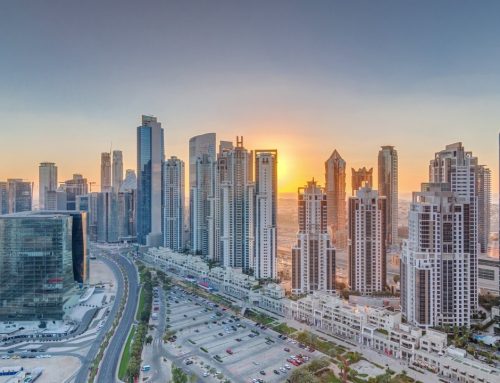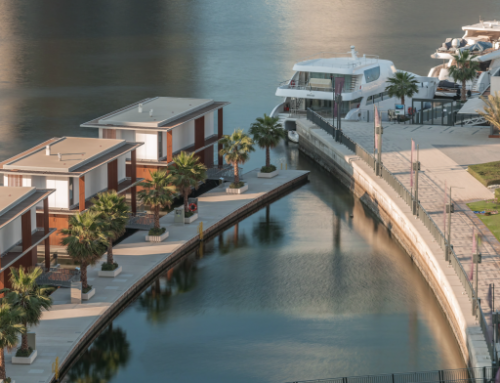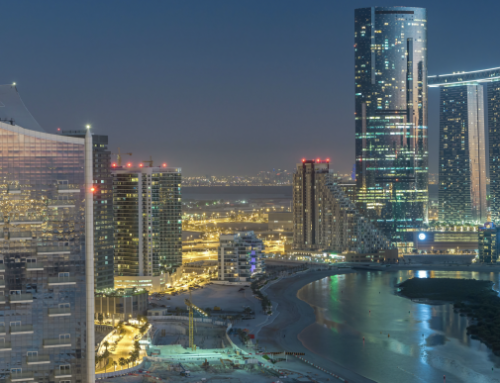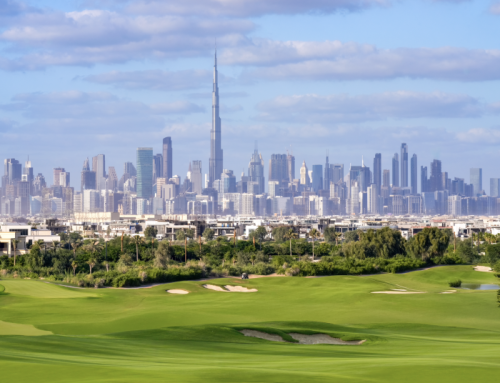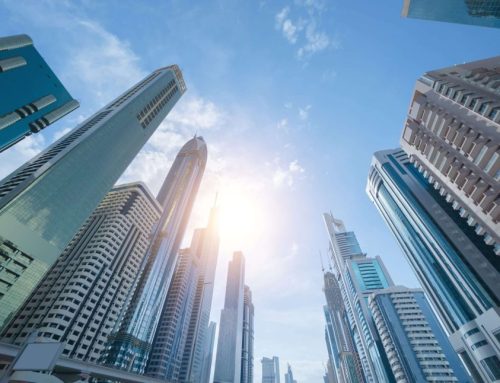Why the UAE Remains a Global Real Estate Hotspot Delivering Strong ROI for Home Buyers
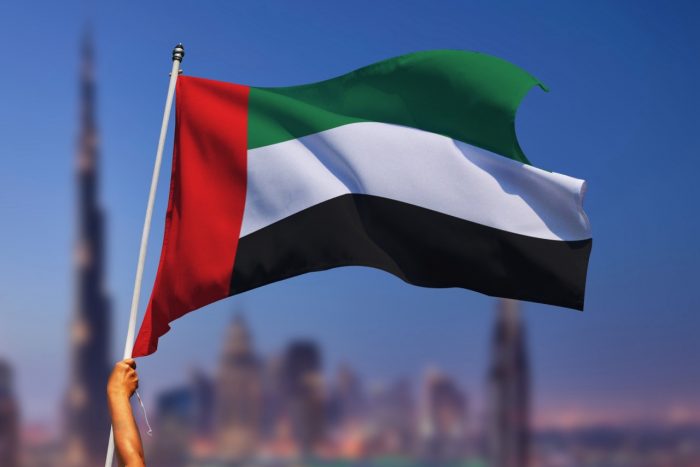
The United Arab Emirates (UAE) has emerged as a global real estate powerhouse, consistently delivering robust returns on investment for property buyers.
Despite challenges in the global economic landscape and rising interest rates, the UAE’s real estate market remains resilient, drawing the attention of investors worldwide.
Factors Driving the UAE’s Real Estate Appeal
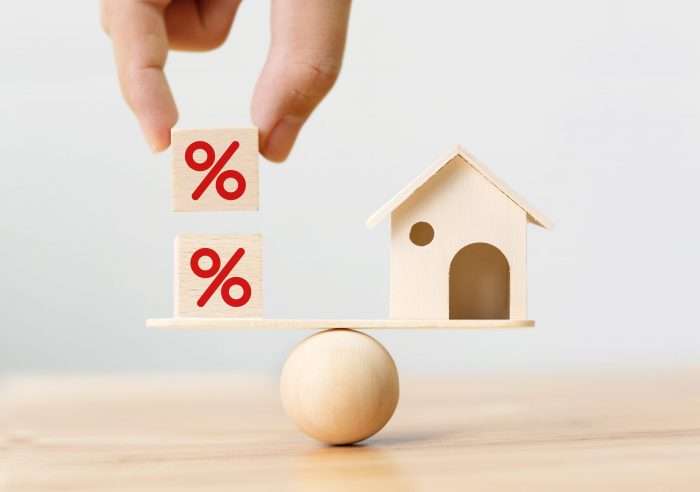
Resilience Amidst Mortgage Rate Surges
- In the face of a 2 percent increase in mortgage rates over the past year, the UAE’s residential property market has displayed remarkable resilience. Unlike some other markets, where soaring mortgage rates have dampened demand, the UAE continues to attract home buyers enticed by the promise of a high-quality lifestyle and strong return on investment.
Dubai’s Affordability and Market Value
- Dubai, a standout city in the UAE, offers a spectrum of housing options, from affordable residences to ultra-luxurious properties. Despite luxury transactions reaching around US$ 900 per square foot, Dubai is considered one of the more “affordable” global markets. Residential prices remain 15.2 percent below the peak levels of 2014, positioning Dubai as a city with fair value, according to UBS’ Global Real Estate Bubble Index.

Population Growth Driving Demand
- The influx of expatriates and professionals has contributed to significant population growth in the UAE. Forecasts indicate that the population will reach 10.20 million by the end of 2023, creating a consistent demand for housing, particularly in dynamic urban hubs like Dubai and Abu Dhabi.
Technological Advancements Facilitating Transactions
- Advances in digital solutions and mortgage technology have streamlined property searches and mortgage processes for global home buyers. This increased accessibility and ease of transaction benefit industry stakeholders, leading to improved efficiencies and increased sales volumes.

Government Initiatives Encouraging Ownership
- The UAE government has implemented strategic initiatives to promote property ownership among both residents and non-residents. Extended validity of long-term visas and zero tax requirements on income or capital gains for non-residents make the UAE an attractive destination for a diverse range of home buyers.
Government’s Role in Ensuring Market Stability
- Proactive measures by the government to prevent oversupply and speculation have ensured the stability and sustainability of the property market. Regulations and interventions by the country’s leadership have effectively moderated supply and demand, safeguarding the interests of buyers, developers, and financial institutions.

Rental Increases Favoring Property Ownership
- Rising rental costs, escalating by 20 percent to a five-year high, have become a driving force behind property purchases. The prospect of substantial savings and long-term returns appeals to investors and residents planning extended stays in the UAE.
Emergence of Other Emirates
- Beyond Dubai, other emirates such as Abu Dhabi, Sharjah, and Ras Al Khaimah are rapidly emerging as growth markets. These regions offer more affordable housing options, picturesque views, cultural diversity, and top-notch amenities, attracting home buyers seeking varied lifestyles.
The United Arab Emirates has emerged as a resilient global real estate powerhouse, consistently delivering strong returns on investment despite global economic challenges and rising interest rates.
Dubai’s diverse housing options, coupled with population growth and government initiatives promoting ownership, contribute to the enduring appeal of the UAE’s real estate sector.
The rise in rental costs and government measures ensuring market stability further drive investor confidence.
Beyond Dubai, other emirates and technological advancements enhance the market’s attractiveness.
In a world of economic uncertainties, the UAE stands as a stable and lucrative destination for those seeking enduring value in real estate investments.

